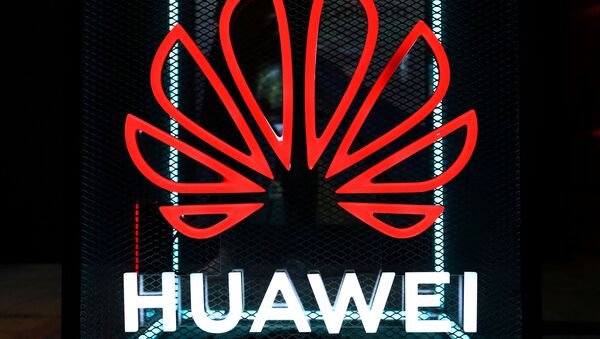On Monday, a group of House Republicans led by Michael McCaul (R-Texas), the top GOP member on the House Foreign Affairs Committee, sponsored a resolution calling out the British government’s decision to allow Chinese telecom giant Huawei’s limited involvement in its domestic 5G networks despite pressure from the Trump administration to ban the company, The Hill reported.
The document “affirms that all Chinese companies, private and state-owned, are under the effective control of the Chinese Communist Party”, outlining the sponsors’ “extreme disappointment” with the UK’s decision on Huawei equipment - “absolute poison”, the Republicans claimed.
They specially pointed out that the motion could negatively affect a “special relationship” between the US and UK.
Our special relationship with the UK is built on our shared commitment to freedom and security”, the sponsors said, expressing hope that the UK would “reverse” the decision and instead join efforts with the US to create "a 5G future that will not only protect our mutual interests but will safeguard the values we share”.
Last week, PM Johnson announced that Huawei would, to a certain extent, be allowed to partake in building the nation’s 5G networks.
His main point was that Britain must face the challenge of staying "at the cutting edge of technologies" using 5G, as well as autonomous vehicles, artificial intelligence, and “the internet of things”, as he put it.
The EU quickly weighed in on the matter in the wake of the UK’s move, saying member states would be able to decide for themselves on Huawei, which was subject to a US crackdown last year.
In November, the Federal Communications Commission (FCC) voted unanimously to label the company as a national security risk, claiming that it might be collecting private data at Beijing’s behest. The US had earlier blacklisted the telecom titan and banned American companies from doing business with it. It has also been going to great lengths to get its allies to ditch ties with Huawei.
The top Chinese smartphone manufacturer has pushed back against allegations that it poses a threat, launching a lawsuit against the FCC.


